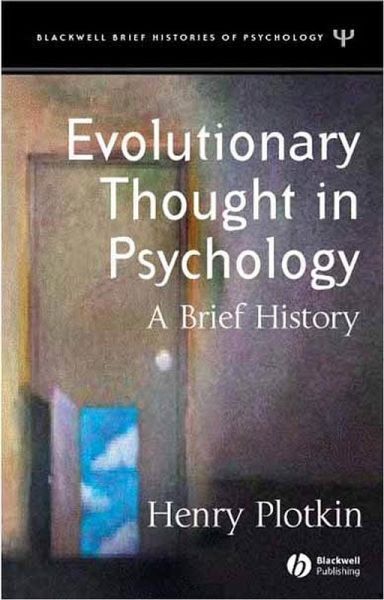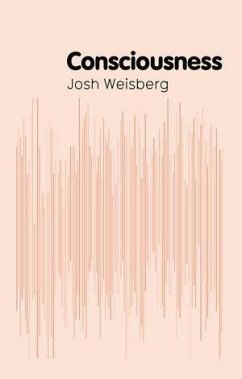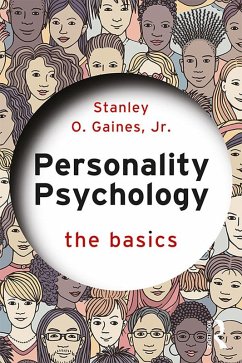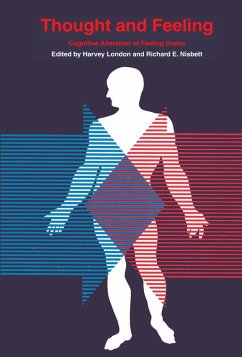
Evolutionary Thought in Psychology (eBook, PDF)
A Brief History
Versandkostenfrei!
Sofort per Download lieferbar
24,99 €
inkl. MwSt.
Weitere Ausgaben:

PAYBACK Punkte
0 °P sammeln!
Evolutionary Thought in Psychology: A Brief History traces the history of evolutionary thought in psychology in an accessible and lively fashion and examines the complex and changing relations between psychology and evolutionary theory. * First book to trace the history of evolutionary thinking in psychology from its beginnings to the present day in an accessible and lively fashion. * Focuses on the rise of evolutionary theories begun by Lamarck and Darwin and the creation of the science of psychology. * Explains evolutionary thought's banishment by behaviorism and cultural anthropology in the...
Evolutionary Thought in Psychology: A Brief History traces the history of evolutionary thought in psychology in an accessible and lively fashion and examines the complex and changing relations between psychology and evolutionary theory. * First book to trace the history of evolutionary thinking in psychology from its beginnings to the present day in an accessible and lively fashion. * Focuses on the rise of evolutionary theories begun by Lamarck and Darwin and the creation of the science of psychology. * Explains evolutionary thought's banishment by behaviorism and cultural anthropology in the early 20th century, along with its eventual re-emergence through ethology and sociobiology. * Examines the complex and changing relations between psychology and evolutionary theory.
Dieser Download kann aus rechtlichen Gründen nur mit Rechnungsadresse in D ausgeliefert werden.












